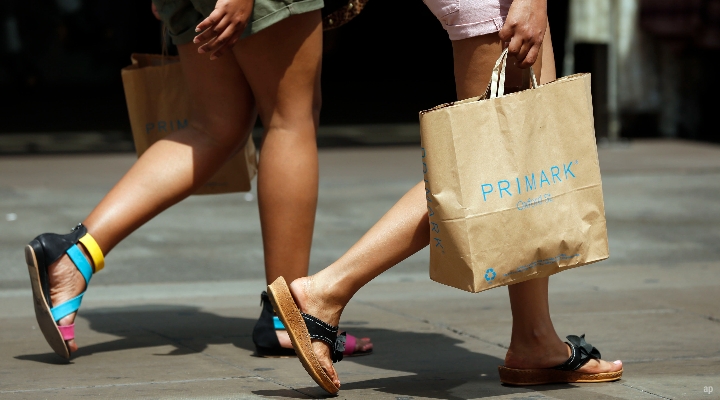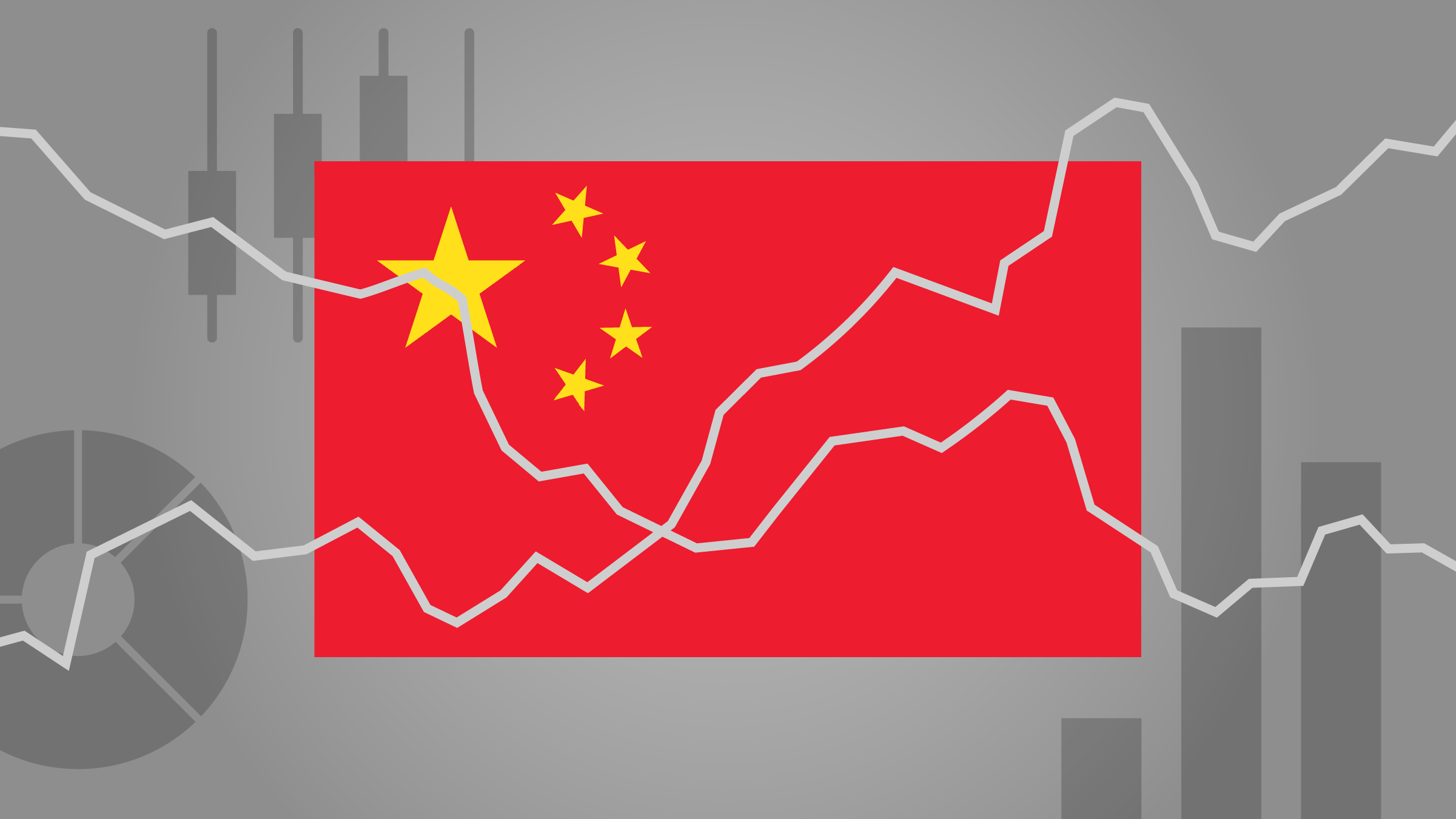Lacklustre manufacturing data and an eye-watering trade deficit saw UK shares slide on Tuesday, shrugging off the morning’s hopes of more monetary intervention following stimulus measures by the People’s Bank of China.
Both London’s blue-chip and mid-cap indices shed 0.5% by close of play, with the FTSE 100 index ending down 31 points at 5,810 and the FTSE 250 index losing 63 points to 11,912.
Data released in morning deals revealed a poor state of affairs for the UK industrial sector, where output dropped 1.2% year-on-year in August. “The current outlook for the UK’s industrial sector remains bleak,” commented Chtiraj Channa, economist with the Centre for Economics and Business Research.
Channa’s analyst colleague Osman Ismail struck a similarly downbeat tone in response to today’s trade balance report: “The prospect of export-led growth seems remote as ever”. Plunging exports saw the UK hit its second largest trade deficit, coming in at £4.2 billion in August compared to July’s £1.7 billion. “The securing of a wider export market share in emerging regions would be very beneficial to UK growth,” Ismail added.
Further afield, bad news for the global economy also weighed on international markets ahead of the start of corporate earnings season in the US, which unofficially kicks off after today's closing bell.
The International Monetary Fund announced a downward revision for global growth for the next two years. The IMF now expects growth to be 3.3% in 2012 compared with its previously forecast reading in July of 3.5%. For 2013, the IMF sees growth at 3.6%, down from its original 3.9% outlook.
Sluggish economies and uncertainty in developed markets are having a negative impact on emerging markets, according to the IMF, and political difficulties in Europe and the United States also played a role in the growth-forecast cut.
Meanwhile, in Greece, thousands gathered in Athens to protest German chancellor Angela Merkel's visit to the country and the proposed austerity measures from European organisations.
Focusing on London, the trend on the FTSE 100 was clearly negative, yet commodities stocks went against the grain as investors sought out safe havens. Vedanta Resources (VED), Rio Tinto (RIO) and Evraz (EVR) ticked up 1.1%-2.1% apiece. Industry bellwether Alcoa (AA) will report results after the Wall Street closing bell.
Retailers were also in favour, with Marks & Spencer (MKS) and Next (NXT) adding 3.2% and 0.9%, respectively.
On the M&A front, the spotlight shone on Barclays (BARC) today amid news it is buying ING Groep’s (INGA) ING Direct UK business, thus consolidating the UK savings and mortgages market. The transaction is subject to regulatory approval and is expected to close in the second quarter of 2013.
“It appears an almost irresistible deal for Barclays,” commented Pete Hahn of Cass Business School. “ING was not large or broad enough in activity to attract a substantial foreign interest, if any brave souls were there. And with the other PLC banks divided between unable to consider at any price or shying away from a bigger UK footprint, negotiations may have been pretty one-sided; at least one can certainly assume that Barclays had time for its due diligence and was very thorough about it.”




























